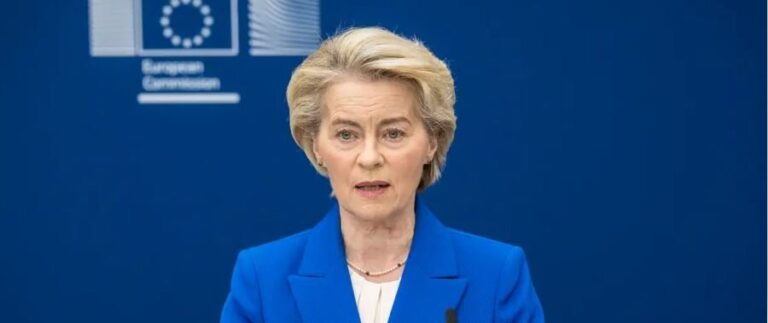Historic Victory for Germany’s Conservatives: AfD Achieves Record High in Parliamentary Elections, Exit Polls Reveal
In the latest elections in Germany, the conservative CDU/CSU alliance, under the leadership of Friedrich Merz, has emerged victorious with a significant 28.9 percent of the vote, as indicated by updated exit polls. This election marks a pivotal moment in German politics, especially with the far-right Alternative for Germany (AfD) party following closely behind, securing 19.7 percent of the vote, effectively doubling its previous performance in the 2021 elections. This surge reflects growing public concerns regarding immigration and security, along with apprehensions about the country’s struggling economy.
The rise of the AfD has been attributed to:
- Increased public fears surrounding immigration and its implications for safety.
- A series of violent incidents that have been linked to migrants, igniting further public anxiety.
- Economic challenges that have caused citizens to seek alternative political solutions.
Despite this robust showing, the AfD is unlikely to gain power at present, as potential coalition partners are staunchly opposed to collaborating with the far-right party. If the exit polls are validated in the final tally, Merz appears poised to become the next chancellor of Germany, which stands as Europe’s largest economy. However, to secure a majority in parliament, he will need to align with other parties.
Key points regarding the election results include:
- The Social Democrats (SPD), led by outgoing Chancellor Olaf Scholz, are projected to have their worst electoral outcome in the history of post-war Germany, receiving approximately 16.1 percent of the vote.
- The Greens, another potential coalition partner for the CDU/CSU, garnered 13.2 percent of the votes, according to exit polls.
- The Linke party appears to have successfully crossed the five-percent threshold needed to enter the Bundestag, claiming around 8.6 percent.
- The pro-business Free Democrats (FDP), who were part of the government until recently, are hovering around the five-percent mark with 4.9 percent of the vote.
- Another far-left newcomer, the BSW, also remains near the threshold at 4.8 percent.
These results emphasize a significant shift in the German political landscape, as parties reevaluate their strategies and alliances in light of the electorate’s changing priorities. The CDU/CSU’s victory, coupled with the AfD’s impressive gains, underscores a growing divide in public sentiment—one that is increasingly wary of immigration and economic stability.
As Friedrich Merz prepares for potential leadership, the challenge will be to forge a coalition that can effectively navigate the complexities of modern governance while addressing the concerns that have propelled the AfD’s rise. The SPD’s decline and the Greens’ modest showing will likely force both parties to reassess their positions on key issues, especially those related to immigration and economic policy.
In conclusion, the recent elections reveal not just a shift in power but also a growing unease within German society about immigration and economic security. The CDU/CSU’s victory is a clear signal of the electorate’s preferences, while the AfD’s rise indicates a demand for more conservative approaches to governance. As the final results are tallied, the political landscape in Germany is set for significant changes, potentially impacting the nation’s direction for years to come.
For further updates and insights on the evolving political situation in Germany, stay tuned to reliable news sources.






